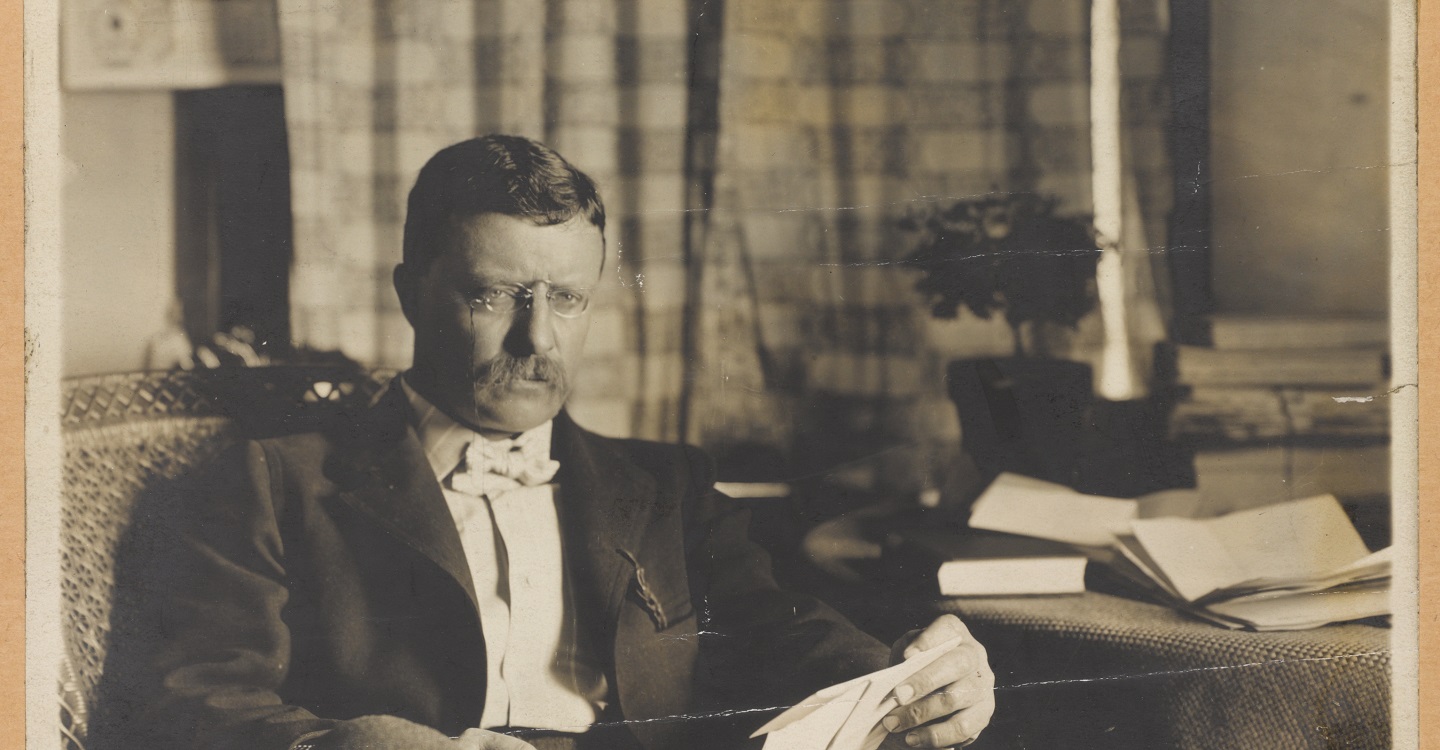
One of the things we’re trying to do is encourage people…to start talking about older books, older readings, older things that are lost or never really well known that really should have been.
A BETTER PEACE welcomes WAR ROOM editors Tom Bruscino and Jon Klug to explain the drive and desire behind the DUSTY SHELVES series. Podcast editor Ron Granieri moderates the discussion as all three examine some of their favorite and not-so-favorite historical works that deserve another look with fresh eyes.
Podcast: Download
Subscribe: Apple Podcasts | Spotify | Amazon Music | Android | Pandora | iHeartRadio | Blubrry | Podchaser | Podcast Index | TuneIn | Deezer | Youtube Music | RSS | Subscribe to A Better Peace: The War Room Podcast
Thomas Bruscino is an Associate Professor in the Department of Military, Strategy, Planning and Operations at the U.S. Army War College and the Editor of the DUSTY SHELVES series.
Colonel Jon Klug, U.S. Army, is an Army Strategist and military historian and he is a Ph.D. Candidate at the University of New Brunswick as well as an Associate Editor for WAR ROOM.
Ron Granieri is an Associate Professor of History at the U.S. Army War College and the Editor of A BETTER PEACE.
The views expressed in this presentation are those of the speakers and do not necessarily reflect those of the U.S. Army War College, U.S. Army, or Department of Defense.
Photo Description: Theodore Roosevelt Jr. was the 26th president of the United States from 1901 to 1909. Known to be a voracious reader and considered by many as a great thinker of the 20th century, he is seen here in his Sagamore Hill study contemplating one of the many offerings in his personal library.
Photo Credit: Waldon Fawcett, Library of Congress c 16 March 1903, Public Domain
Other releases in the “Dusty Shelves” series:
- THE ARMED FORCES OFFICER (1988): THE FORGOTTEN PRIMER ON LEADERSHIP
(DUSTY SHELVES) - RIDGWAY’S KOREAN WAR
(DUSTY SHELVES) - ALL WAR IS LOCAL: ANTHONY QUAYLE’S EIGHT HOURS FROM ENGLAND
- POST-WAR TRUTH TELLING: THE WAR MANAGERS
- DYE: EXALTING THE TAIL OF THE AIRPOWER TOOTH
(DUSTY SHELVES) - PEACE FORMS: LOOKING BACK TO THE FUTURE OF WAR AND ANTI-WAR
- SHERMAN: THE OUTLIER OF INTERWAR “ATLANTIC” AIR THEORY?
(DUSTY SHELVES) - STRUGGLING TO SEE THE FUTURE: UNLESS PEACE COMES
(DUSTY SHELVES) - “ALL INVADED PEOPLE WANT TO RESIST”: STEINBECK’S THE MOON IS DOWN
(DUSTY SHELVES) - RACE TO THE SWIFT: APPLICATIONS IN 21st CENTURY WARFARE
(DUSTY SHELVES)





May I suggest Ralph Peters’ Red Army? It’s easily the best of the WWIII in Europe genre. Unlike the others, in which NATO pulls off a victory, here the Russians win. Peters is a bit iconoclastic, but that is what make the novel so good.
I suggest Slim’s Defeat Into Victory. His description describes an experience more relevant to recent and future operational environments than our traditional embrace of great writings about the US Army in the ETO in WWII. Slim’s Epilogue, almost example for example, mirrors major observations captured in the Joint Staff J-7’s Decade of War study published in 2012 reflecting on 10 years of operations in GWOT.